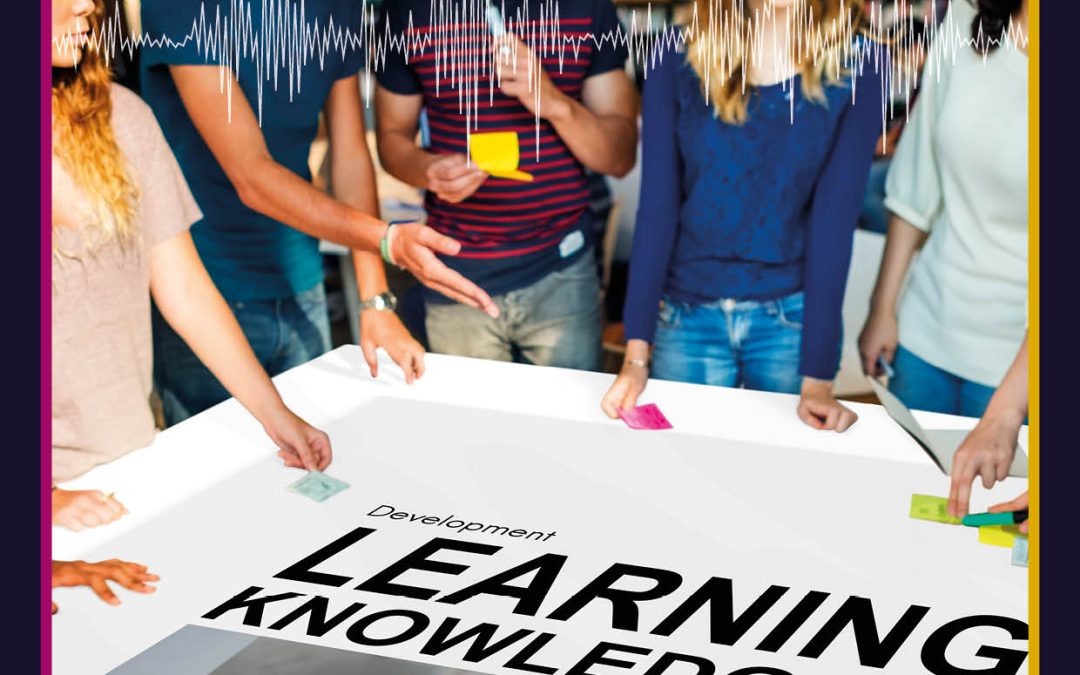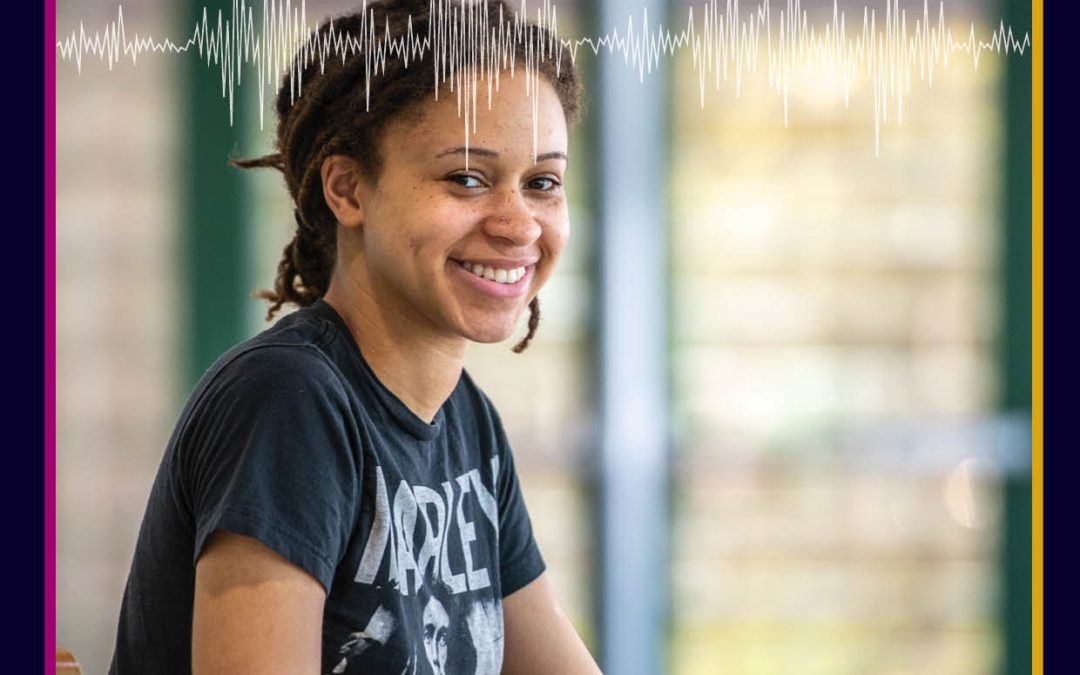
by admin | Feb 28, 2024 | education & training, engineering and tech
Experienced engineers are typically equipped with advanced technical knowledge and a unique professional skillset. These skillskets are often paried with impressive intuition, which allows engineers to devise solutions to complex real-world problems. Engineering faculty at Bucknell University, Embry-Riddle Aeronautical University, and The Ohio State University recently engaged in important research to further our understanding of intuition in engineering practice.

by admin | Nov 1, 2023 | education & training, social and behavioural sciences
Studies suggest that children who rely more on vision from their left eye could be more likely to develop dyslexia if they learn to write using pathways in the right brain hemisphere. Dr David Mather, a researcher at the University of Victoria, recently published a paper reviewing these findings. He outlines a proposed approach to teaching writing skills that could prevent these children from developing dyslexia. This approach involves teaching children to write when they are 7 or 8 years old, when the human brain is better at mapping and memorising entire words.

by admin | Mar 22, 2023 | education & training
The development of a talent pool in Science Technology Education and Medicine that is as diverse as our population, has been a difficult goal for decades. Increasing the diversity of scientists from underrepresented communities can drive both innovation and creativity within the sciences. The Molecular & Environmental Toxicology Centre at the University of Wisconsin-Madison, USA, has run a summer research opportunity programme since 2011, providing scientific experiences and promoting scientific careers in the environmental health sciences for aspiring young people from backgrounds historically underrepresented in this field.

by admin | Feb 8, 2023 | education & training, social and behavioural sciences
Western approaches to environmental science typically focus on existing and future issues, such as climate change, and technological solutions to these issues. While these frameworks have their value, they often set aside holistic perspectives on land management, coexistence with nature, and ecosystem preservation. Dr Kristiina A. Vogt, Dr Samantha De Abreu and Dr Maria Blancas at the University of Washington are exploring the potential of holistic storytelling practices common among Indigenous communities to teach environmental science in more effective ways.

by admin | Feb 1, 2023 | education & training, engineering and tech
The COVID-19 pandemic forced many universities to deliver their courses online, exposing the limitations of remote learning strategies. Dr Barrett Caldwell and his team at Purdue University devised a new approach that could help to improve online courses in different engineering subjects. The approach builds on his experience while teaching and developing the ‘Perspectives on Systems Engineering’ course, which is part of the curriculum for the Systems Engineering program at Purdue University.

by admin | Sep 21, 2022 | education & training
Addressing the skills shortage within scientific sectors requires a targeted approach for attracting and retaining students in STEM education. Summer Opportunities in Agricultural Research and the Environment (SOARE), SOARE: Strategic Work in Applied Geosciences (SWAG) and AgDiscovery, three innovative programs at the University of Maryland, provide a gateway for continued education, particularly for students who are traditionally under-represented in scientific fields. Implemented by Dr Evelyn Cooper, the success of the AgDiscovery and SOARE programs at the university has led to the inception of the new SOARE:SWAG program. Co-directed by Dr Candice Duncan, SOARE:SWAG focuses on students within geoscience disciplines.






